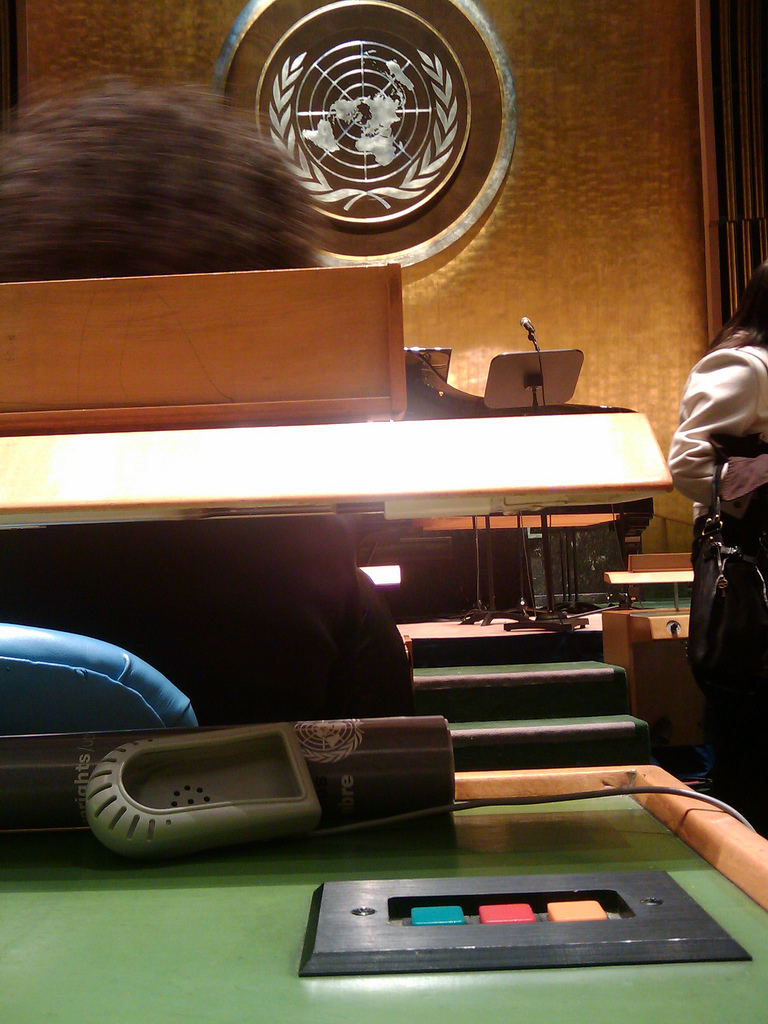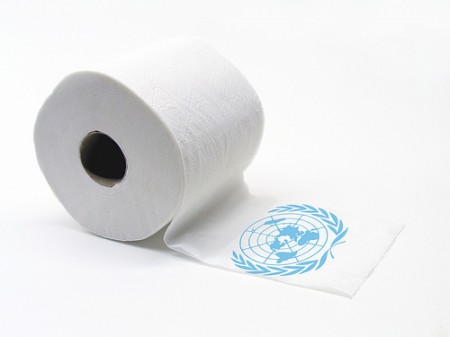
September marks the beginning of term not only for students but also for hundreds of UN diplomats in New York. Taking over the role of Assembly president from Joseph Deiss (Switzerland), Nassir Abdulaziz al-Nasser (Qatar) opened the 66th UN General Assembly last Tuesday. After having had a couple of days to deal with organizational matters, the GA started its substantive deliberations today:
- High-Level Meeting on Prevention and Control of Non-communicable Diseases. Non-communicable diseases (NCDs) are non-infectious illnesses such as cardiovascular and chronic lung diseases, cancer or diabetes. The high-level meeting will discuss methods to help prevent and control such diseases, which kill three in five people worldwide. The GA will especially be focusing on NCDs’ economic and social impacts, particularly on developing countries.
- Following this, tomorrow (Tuesday), a second, lower-key, High-Level Meeting on Desertification will take place. Participants will address the issues of desertification, land degradation and drought in the context of sustainable development and poverty eradication. The meeting is being held under the auspices of the 1996 UN Convention to Combat Desertification (UNCCD).
- The General Debate, which is what the media mean when they say ‘General Assembly’, starts on Wednesday 21 September and will continue through next week.


